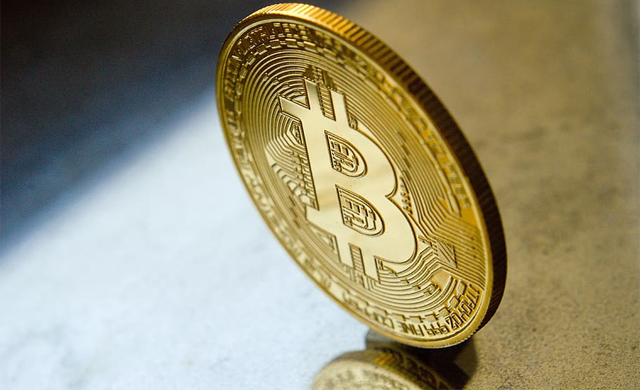Bitcoin is a global phenomenon, present in almost every country. But unfortunately, its usage is hampered by legal limitations, government intervention, and technological challenges in some countries.

For example, in December 2017, the Central Bank of Sudan issued a Circular that allows payments in Bitcoin and other virtual currencies. You can also make a Bitcoin payment through Ekrona app. In this article, you will know the effect of bitcoin on the economy of Sudan.
7 Ways that Bitcoin Can Help the Economy of Sudan
There are many benefits that Sudan can receive from Bitcoin.
1) The ease of remittance for expatriates living in Europe, Asia, and the USA
Sudan is home to many migrant workers who work in foreign countries but send remittances back home every month.
However, these service providers typically charge commission fees too high for the money being sent. As a result, they have to pay high commissions to local agents in Sudan, which increases the cost of sending remittances.
Using Bitcoin means immigrants can send money back home faster and cheaper, as they are not required to pay commissions to service providers.
2) Opening the Sudanese market to international investors
Bitcoin can help attract more foreign investments into Sudan because it is a borderless digital currency that gives investors worldwide access to Sudan’s economy. This will result in the Sudanese economy opening to other markets and attracting more foreign business activity.
3) The growth of small and medium-sized companies
Bitcoin can be used as an investment option by investors and companies in Sudan. Many cryptocurrency traders that invest in ICOs prefer to buy tokens using Bitcoin, even if their target cryptocurrency is Ethereum. This makes it easier for companies to convert raised funds into fiat currencies.
4) The development of the e-commerce market
Sudan’s e-commerce market is still early and could benefit from digital currencies such as bitcoin because they provide a faster and cheaper way to make online transactions. In addition, digital currencies will help attract more global players to the e-commerce market in Sudan.
5) The improvement of remittance services for Sudanese citizens living abroad
Sudan has almost 1 million citizens living outside its borders. Most of them live in either Europe or Asia.
For example, a migrant worker in the UAE wishing to send 100 U.S. dollars is charged almost 5% of the transaction by his bank or money transfer operator, which represents 10 U.S. dollars – this is considered high by many standards. The use of Bitcoin will reduce remittance costs, allowing expatriates to send more money back home.
6) The reduction of cybercrime
Bitcoin has become the primary tool for hackers and cybercriminals since it is used as a payment system by many dark web markets where illegal goods are traded. The Sudanese government can reduce the amount of cybercrime in the country by accepting payment in Bitcoin, even if this acceptance is only partial.
3 Negatives of Bitcoin that affects the economy of Sudan
1) Bitcoin will not help to improve the country’s international credit rating
Even if the Central Bank of Sudan decides to accept Bitcoin, this does not mean that it becomes an officially recognized means of payment.
Furthermore, this means that there is no legal obligation on companies and individuals in Sudan to receive Bitcoins as payments. Therefore, the use of digital currencies can be considered a purely speculative activity, which does not contribute to the economic growth of Sudan.
2) The possibility of facing new sanctions by the U.S. government
Sudan is still on the list of countries subject to U.S. economic sanctions for “supporting terrorism” or other reasons.
If the government of Sudan decides to accept Bitcoin, this could lead the U.S. government to re-impose sanctions on Sudan under the pretext that Bitcoin is now being used as an official means of payment in Sudan.
3) The possibility of using Bitcoin to finance terrorist groups
Illegal Bitcoin transactions usually occur through dark web markets, which may use cryptocurrencies to fund terrorist groups.
Conclusion
Bitcoin is a necessary means of payment for Sudan’s economy, and it will help develop the country’s e-commerce market and attract more foreign investments.
At the same time, Bitcoin can be used by Sudanese citizens abroad to reduce remittance costs while also being used by terrorist groups in their illegal activities.


 Hot Features
Hot Features













